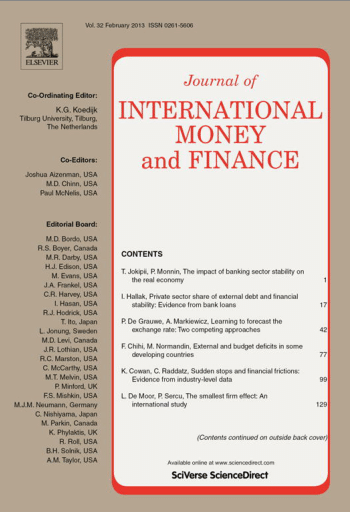
The Impact of Social Capital on Economic Attitudes and Outcomes
This article traces the extant literature on the impact of social capital on economic attitudes and outcomes. Special attention is paid to clarify conceptual ambiguities, measurement techniques, channels of influence, and identification strategies. Insights derived from the literature are then used to analyze the marketplace lending industry in China, where the size of the peer-to-peer (P2P) lending market is larger than that of the rest of the world combined. Ironically, approximately two-thirds of these online P2P lending platforms have failed. Empirical evidence from the monthly operating data of 735 lending platforms and transaction level data from one prominent platform (Renrendai) shows that platforms in provinces with high social capital have low risk of failure, and borrowers in provinces with high social capital can borrow at low interest rate and are less likely to default. We also provide observations to guide future economic research on social capital.





